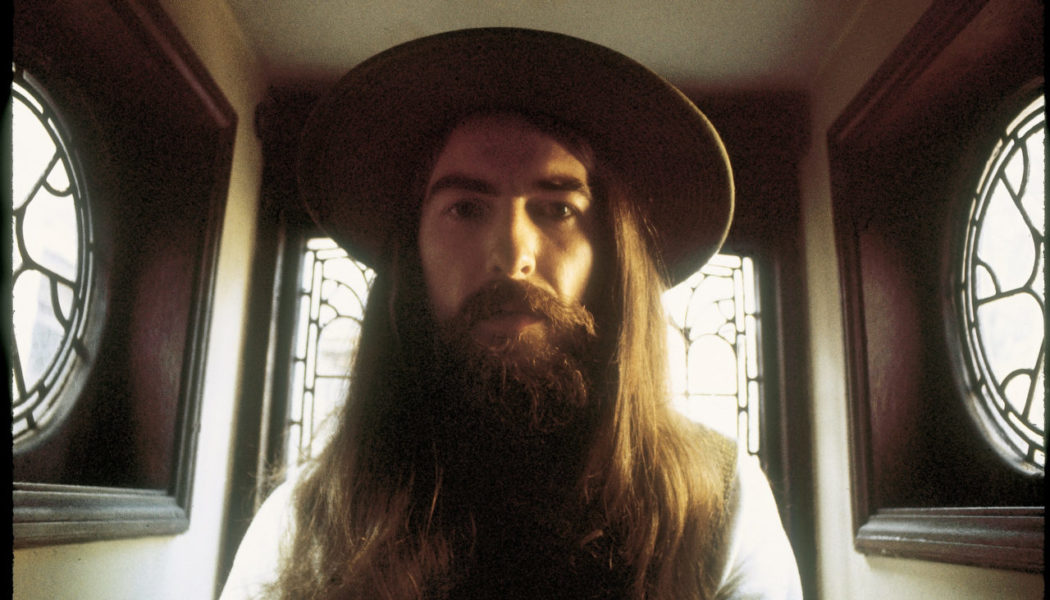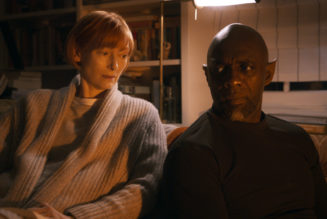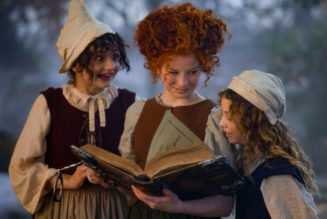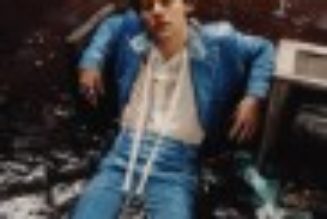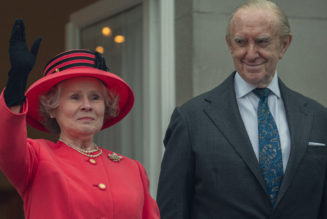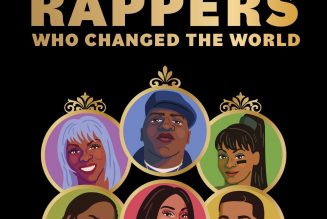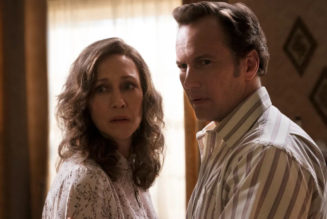I admit it, I bought three box sets of Beatles bootleg material when I was in Singapore two decades ago. What I liked most in that treasure trove were the Liverpudlian’s takes on the songs that would eventually emerge in George Harrison’s first true solo album. When it appeared as a triple-disc set, All Things Must Pass was heralded as proof that The Quiet Beatle had much more going on than his few songs that John and Paul found room for on the band’s albums.
Unpacking the original vinyl release was like exploring a classical box set (Harrison’s Concert for Bangladesh replicated the experience a mere year later). Subsequent reissues of All Things Must Pass have maintained that sense of magnitude, and this 50th anniversary edition is no exception. The color treatment of the packaging parallels the original version, and an elegant red ribbon lets you pull out the contents lovingly. The Apple Corps logo on the discs of original material are red (as in ‘ripe’), but the unreleased material has a green motif, with lettering that is reminiscent of well, a bootleg disc. But it is the music that brings us here.
The initial disc structure tracks the original vinyl release, so plenty of unused space is left on the first CD, but I like the decision to not mush everything to full CD capacity. “My Sweet Lord” has the lead guitar and vocals more centered, rather than spread across the sound field. “Isn’t It a Pity” pulls slightly forward the horn arrangement, which in the past was more buried. Spector’s wall of sound production is in full effect, and likewise in the fullness of “What Is Life.” The penultimate track on the first disc “Let It Down” is easily the tallest and thickest of the wall of sound songs on the collection. Participants describe the army of acoustic guitars being layered atop of the ascending horn arrangements, and we hear it all. The first disc closes with the bucolic “Run of the Mill;” the horns seem more distanced, which works well.
Ringo Starr’s drumming style (often compared to ‘oatmeal’ or ‘pudding’) is still pleasantly prominent throughout the mix, supplying a sense of comfort and familiarity.
Disc two continues to maintain the sonic feel of the original release, while subtly tweaking a few elements. The sinewy guitar of “I Dig Love” is brought forward, and the gentle funkiness of Billy Preston’s B3 organ is a bit more prominent. The traditional part of the album ends with George’s plaintive and timeless “Hear Me Lord,” representing a search he would maintain until his dying breath. But in leveraging the full capacity of the CD format, we are dropped immediately into the first of the full bore jam sessions that comprised the enigmatic third disc of the original vinyl release. With these last five tracks, there is something parallel to the music Eric Clapton was exploring in Derek and the Dominos. “Plug Me In” is mostly a guitar duel, but arguably Clapton and Duane Allman were masters at the motif and most others at the time were wannabes.
It is the unreleased material that is always the most intriguing aspect of these massive reissue campaigns. As is often the case, we hear why certain iterations remained on the cutting room floor, but there are plenty of hidden gems in this vault-clearing effort. Take 3 of “What is Life” has more of a jolly music hall arrangement, which we would later hear in “Crackerbox Palace.” The first take of “Awaiting on You All” reveals how much the song evolved; originally a fuzzbox guitar set the tone for the song. Take 1 of “Hear Me Lord” is a very heartfelt rendition with Harrison on solo electric guitar. Take 1 of “If Not For You” is a robust solo acoustic version, undoubtedly close to the version when Bob Dylan penned the song originally.
The fifth disc is composed of session outtakes and jams, and arguably is the most eclectic batch of obscurios (even if George gets a bit shouty on a couple of tracks). The jamming is more coherent than much of what was originally assembled on the third vinyl disc of “Apple Jam.” Bubbling to the surface is George’s affinity for the American South. He had already gotten a heady taste of that musical stew when he visited The Band and Dylan in Woodstock. In fact, the collection’s title track was a direct outcome of that visit. Elsewhere in the collection of outtakes is your chance to hear the youngest Fab Four doing some credible yodeling. The previously unreleased “Going Down to Golders Green” is an homage to Elvis Presley, with some Buddy Holly and The Crickets as well. As to the latter, where do you think The Beatles got the inspiration for their name?
The sixth disc is in the Blu-ray format, with a Dolby Atmos / DTS version of the original album in sparkling 5.1 surround sound. This is what was promised when DVD-Audio made its heady and brief appearance back in the day.
After the world embraced All Things Must Pass, George Harrison realized that his skills were indeed as remarkable as several of his former bandmates and he went on to launch his own record label, astutely called Dark Horse Records.
